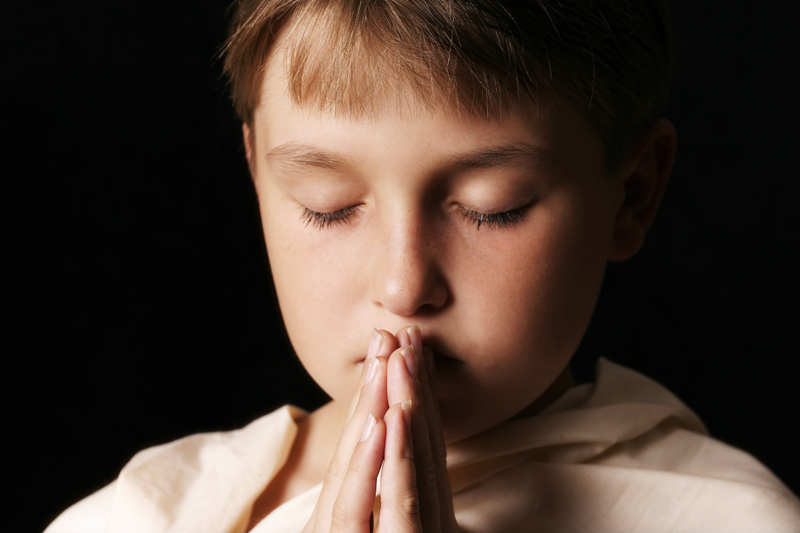Support for School Prayer Declines

Support for prayer in school has declined since the 1970s, except among one group: evangelical Christians, finds a new study.
The findings may not come as a surprise given the rise of evangelical Christians as a societal force over the same time period. In August, University of Nebraska, Lincoln, sociologist Philip Schwadel reported in the journal Sociology of Religion that even as religious affiliations have decreased in America, evangelicals have become more devout.
Now, Schwadel has modeled data from a long-running questionnaire called the General Social Survey to measure Americans' support for school prayer and religious instruction over the generations. Two Supreme Court decisions in 1962 prohibit state-sponsored school prayer as a violation of the First Amendment, which both prohibits the state from sponsoring a religion and establishes that citizens have the right to free exercise of their own beliefs.
"Social and cultural changes have led to greater opposition to state-sanctioned prayer and reading religious materials in public schools among some segments of the population," Schwadel said in a statement. "Specifically, there's growing opposition among non-evangelicals but not evangelicals, and these changes manifest across generations." [8 Ways Religion Impacts Your Life]
Changing convictions
Schwadel found that mainline Protestants and Catholics today are less supportive of school prayer than they were decades ago. Part of the decline may be because of the rise of the Baby Boomer generation, which is generally more skeptical of organized religion than generations before, Schwadel said. Catholics may have lost support for school prayer, because fewer attend parochial schools or predominantly Catholic public schools today than in the 1970s, he said. With public schools not offering exclusively Catholic prayer, Catholics may have become less interested in state-sponsored prayer.
Jewish respondents supported school prayer the least, with only 24 percent in favor. Even those who did not identify with any particular religion were more supportive, with 37 percent of that group saying they wanted to see prayer in schools.
Get the world’s most fascinating discoveries delivered straight to your inbox.
While older Protestants and Catholics are more supportive of school prayer than younger ones, the same generational effects do not appear for Christians who identify as evangelical. Evangelicals stress literal interpretations of the Bible and personal relationships with religion, such as being "saved" or "born again."
Evangelical support
No matter their age or generation, 70 percent of evangelical Christians supported school prayer, Schwadel found.
"What we see in these results is that there's a very clear, unwavering perspective in the evangelical community on the role of prayer in public life," he said. "While younger evangelicals seem to be more open to some issues, such as environmentalism, when it comes to key issues, they simply do not change across generations. There seem to be some bedrock issues they won't budge on."
Follow Stephanie Pappas on Twitter @sipappas or LiveScience @livescience. We're also on Facebook & Google+.

Stephanie Pappas is a contributing writer for Live Science, covering topics ranging from geoscience to archaeology to the human brain and behavior. She was previously a senior writer for Live Science but is now a freelancer based in Denver, Colorado, and regularly contributes to Scientific American and The Monitor, the monthly magazine of the American Psychological Association. Stephanie received a bachelor's degree in psychology from the University of South Carolina and a graduate certificate in science communication from the University of California, Santa Cruz.


